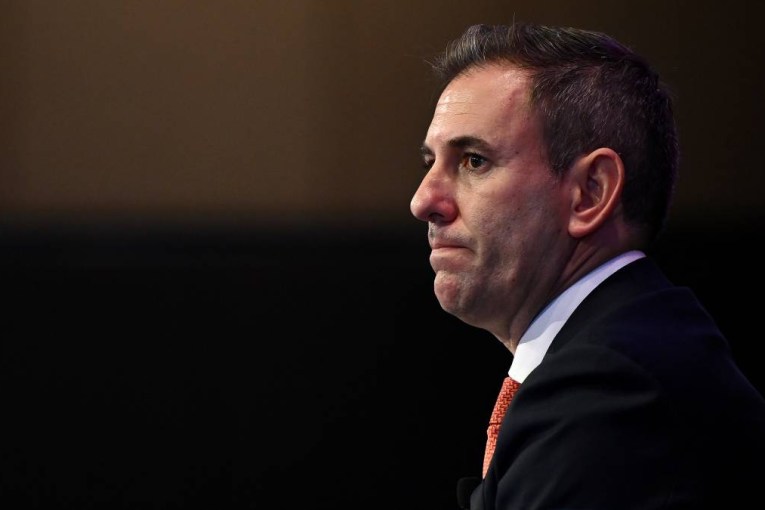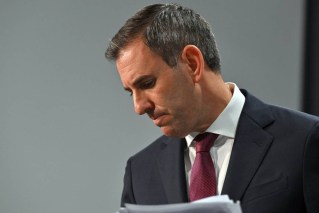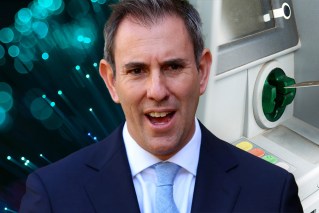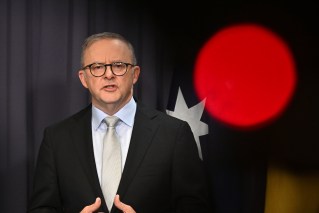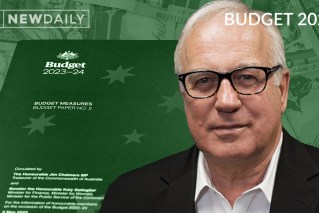The first home super saver scheme will be logistically impossible to implement by 1 July 2017 in a cost-effective manner, according to industry fund NGS Super.
NGS said superannuation funds would have to pay the costs of setting up system infrastructure costs to implement this legislative change.
NGS Super chief executive, Anthony Rodwell-Ball, said the cumulative cost of implementing numerous legislative changes that impact the superannuation industry had been significant from a technological, resource, and infrastructure perspective, SuperReview has reported.
“Given the nature of the savings (intended for a housing deposit), an educational campaign will need to be run so that members are aware of the risk inherent in investing this portion of their savings in options which may yield a negative return (depending on the market cycle).
“A differentiated and more conservative investment strategy will need to be considered by members for this portion of their savings. This further adds to the complexity of this proposal.”
Mr Rodwell-Ball noted that the tax benefit to first home buyers under this incentive would be minimal as the total cost to the Budget over four years was only $250 million.
On the incentive to reduce barriers for older people to sell their homes, he said in reality only a small cohort of people would benefit. Those seeking to balance a small Centrelink pension and a higher super balance would need to look closely at the incentive.
Mr Rodwell-Ball also said that it would be imperative to have a super specialist in the newly constituted Australian Financial Complaints Authority as many issues related to super were complex and required specialist knowledge.


